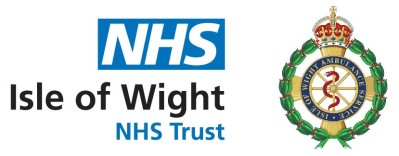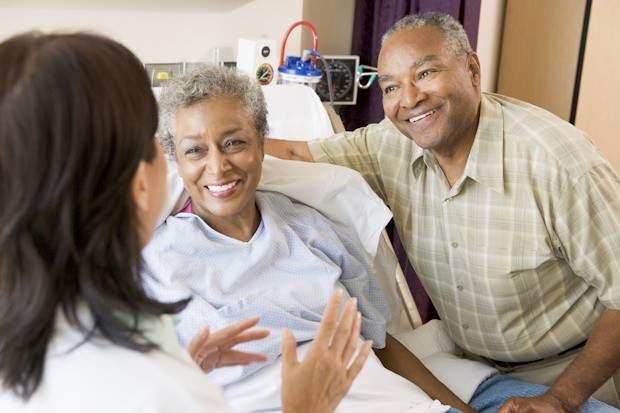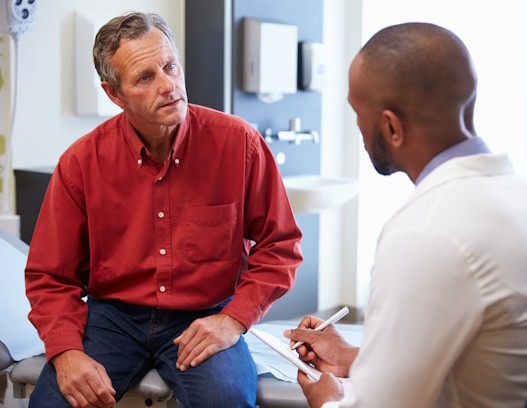Hand hygiene information for patients and visitors
Help us to prevent the spread of infections from person to person and place to place.
Infections are never caused by dirt – they can be called viruses, but mostly by ‘bugs’ or germs called bacteria that naturally occur all around us. Bacteria also live on our skin and in our mouths, noses and digestive systems. Most of them don’t do us any harm, but when we are unwell or frail due to illness or after an operation, our bodies natural defences are weaker, so we need to do certain things to make sure we stay safe.
We need to clean our hands or use hand sanitiser to prevent infection. It is particularly important to keep our hands clean in a hospital setting because the patients being cared for will be ill or have had operations, making them much more vulnerable to infections than staff or visitors.
There are two main ways to wash your hands, washing and sanitising. Washing removes germs and should be used when your hands look dirty. Soap and water should be used to clean your hands after using the toilet. This is why we don’t have hand sanitiser installed in our toilet areas.
Sanitiser, when applied correctly, is usually as effective as washing your hands. It should be rubbed over all hand and wrist surfaces until it has evaporated. If your hands look dirty or you have had contact with faecal matter, vomiting or body fluids, you should wash your hands with soap and water. This is because hand sanitiser does not remove dirt and does not kill some of the ‘gut’ bugs.
Please use the sanitiser when entering and leaving the ward.
Norovirus
Everyone has a responsibility to protect vulnerable patients. We ask you to help us by complying with the following requests;
- Not visiting if you have a cold or have had diarrhoea or vomiting symptoms in the last 48 hours
- Cleaning your hands when visiting
- Do not over clutter the room
- Using the chairs available and not sitting on the beds
- Raising any concerns you have with a staff member



